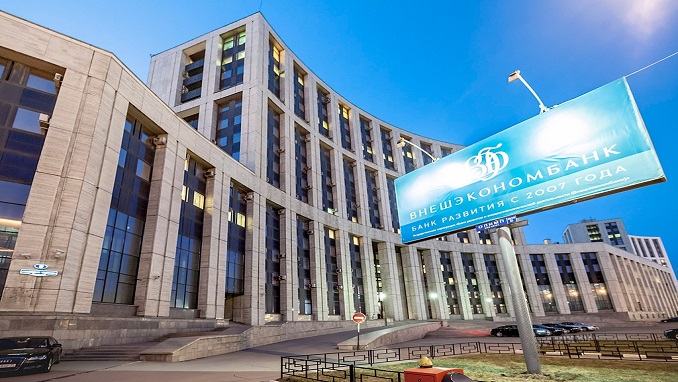On February 6, Kazakhstan’s President Kassym-Jomart Tokayev signed two laws, one focused on digital assets and the other introducing amendments to existing legal acts concerning digital assets and informatization, Morgan Lewis reports. These laws are set to take effect on April 1, 2023.
Currently, digital asset regulation in Kazakhstan is limited and spread across a few statutes, such as the Tax Code and the Law on Informatization. The purpose of these new laws is to establish a regulatory framework for the issuance and circulation of digital assets, including the taxation of relevant activities.
This move will bring the trade of digital assets out of the informal sector and address discrepancies between relevant legal acts.
Although unsecured digital asset issuance and circulation are generally prohibited within Kazakhstan’s borders, the Law includes an exception allowing unsecured digital assets to be issued and circulated through the Astana International Financial Centre (AIFC).
To issue secured digital assets, a person must first obtain a permit from the competent authority, which is currently the Ministry of Digital Development, Innovation, and Aerospace Industry of Kazakhstan, and the permit is valid for three years.
Issuers of secured digital assets are registered with the state and subject to financial monitoring under Kazakhstan’s regulations on anti-money laundering and the financing of terrorism.
Kazakhstan now issues licenses for digital mining, which are valid for three years and granted by the competent authority, currently the Ministry of Digital Development, Innovation, and Aerospace Industry of Kazakhstan. Only individual entrepreneurs and legal entities operating in Kazakhstan are permitted to engage in digital mining.
Digital mining takes place through digital mining pools and data processing centers, and the Law specifies that this activity is distinct from the “issuance and circulation of unsecured digital assets.”



